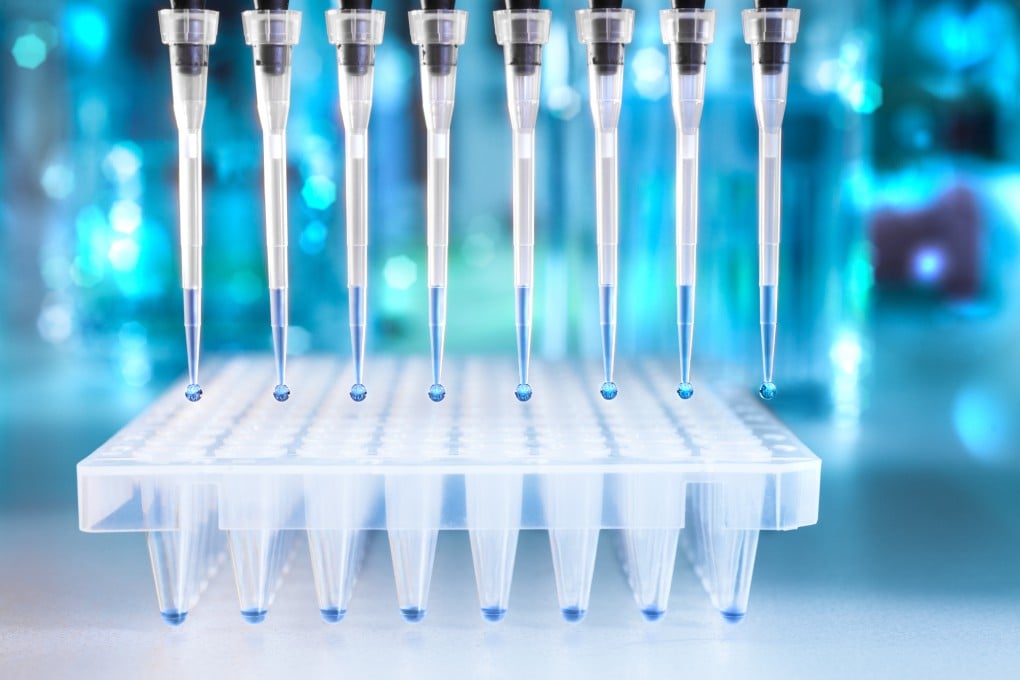Advertisement
The View | What a US-China biotech war would mean for Hong Kong and the world
- Biotech is especially important given the ageing population and economic ambitions of Hong Kong – and China as a whole
- For the world, biotech protectionism will lead to more expensive treatments and greater health insecurity
Reading Time:3 minutes
Why you can trust SCMP
2

With the global electronics industry still reeling from the latest volleys in the semiconductor trade war, biotechnology could become the latest strategic sector in the US-China technology competition. Yet if biotech is divided across geopolitical lines, it could have worrying implications for global health and biosecurity.
An executive order by US President Joe Biden in September last year to increase domestic manufacturing stoked speculation that biotechnology could go the way of semiconductors. Already in February that year, Chinese biotechnology companies were among those newly added to the Commerce Department’s unverified list, making it harder to export to those companies.
Meanwhile, China announced it was considering banning the export of cloning and gene-editing technologies.
A US report released last month laying out various federal agencies’ biotech goals offers some details on the Biden administration’s vision. Basically, Washington wants to reduce America’s reliance on China-made active pharmaceutical ingredients (APIs). But to do so, new and more cost-effective technologies are needed to reshore production.
Given the higher cost of domestic manufacturing, the pharmaceutical lobby last month asked the White House to consider support similar to the Chips and Science Act for semiconductors. This seems a real possibility.
But moving API production back to the US would come up against the environmental regulations that originally drove much of the offshoring. It could also set back efforts to decrease drug pricing, amid a growing outcry over new gene therapies priced at upwards of US$1 million.
Advertisement
